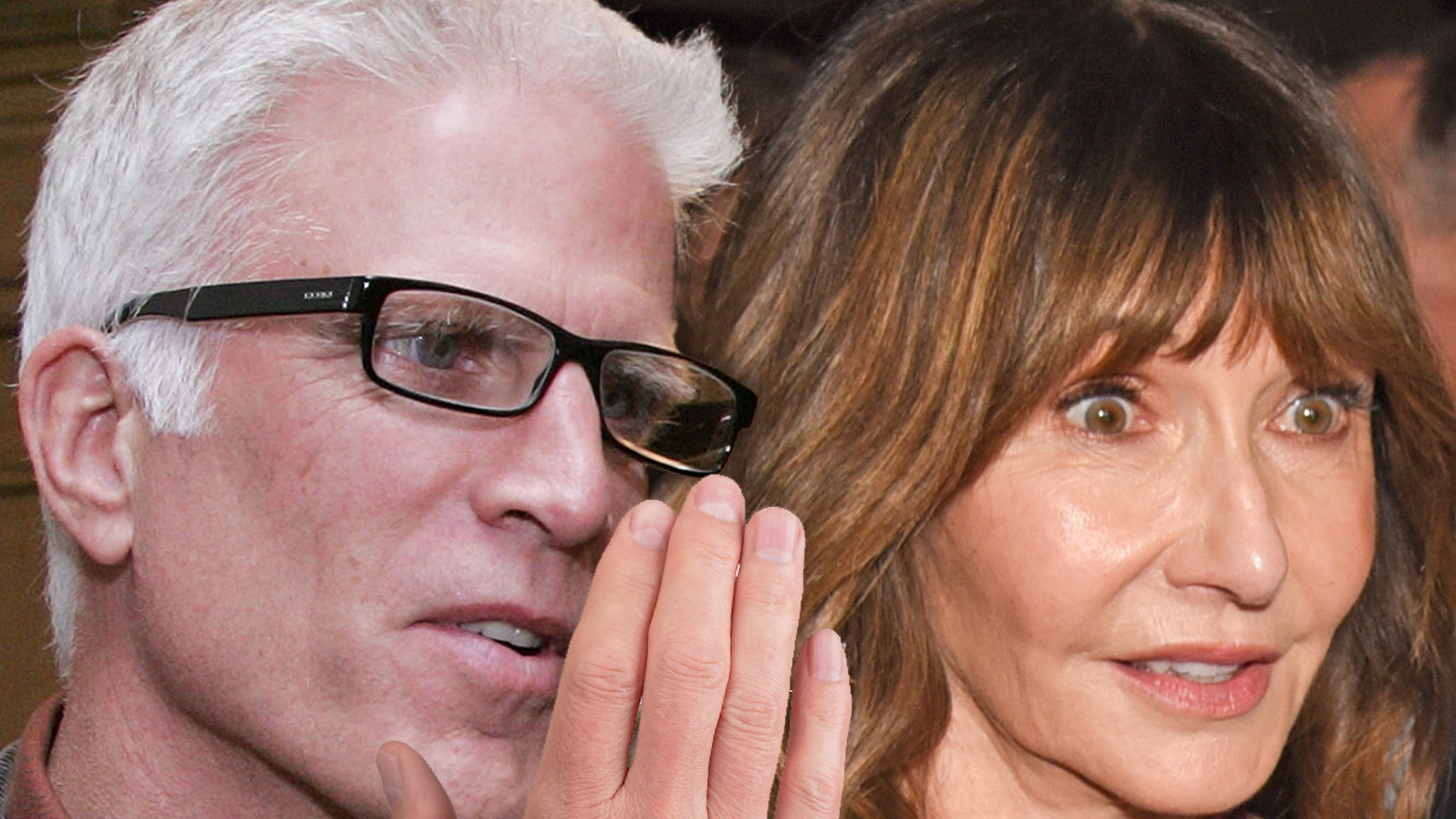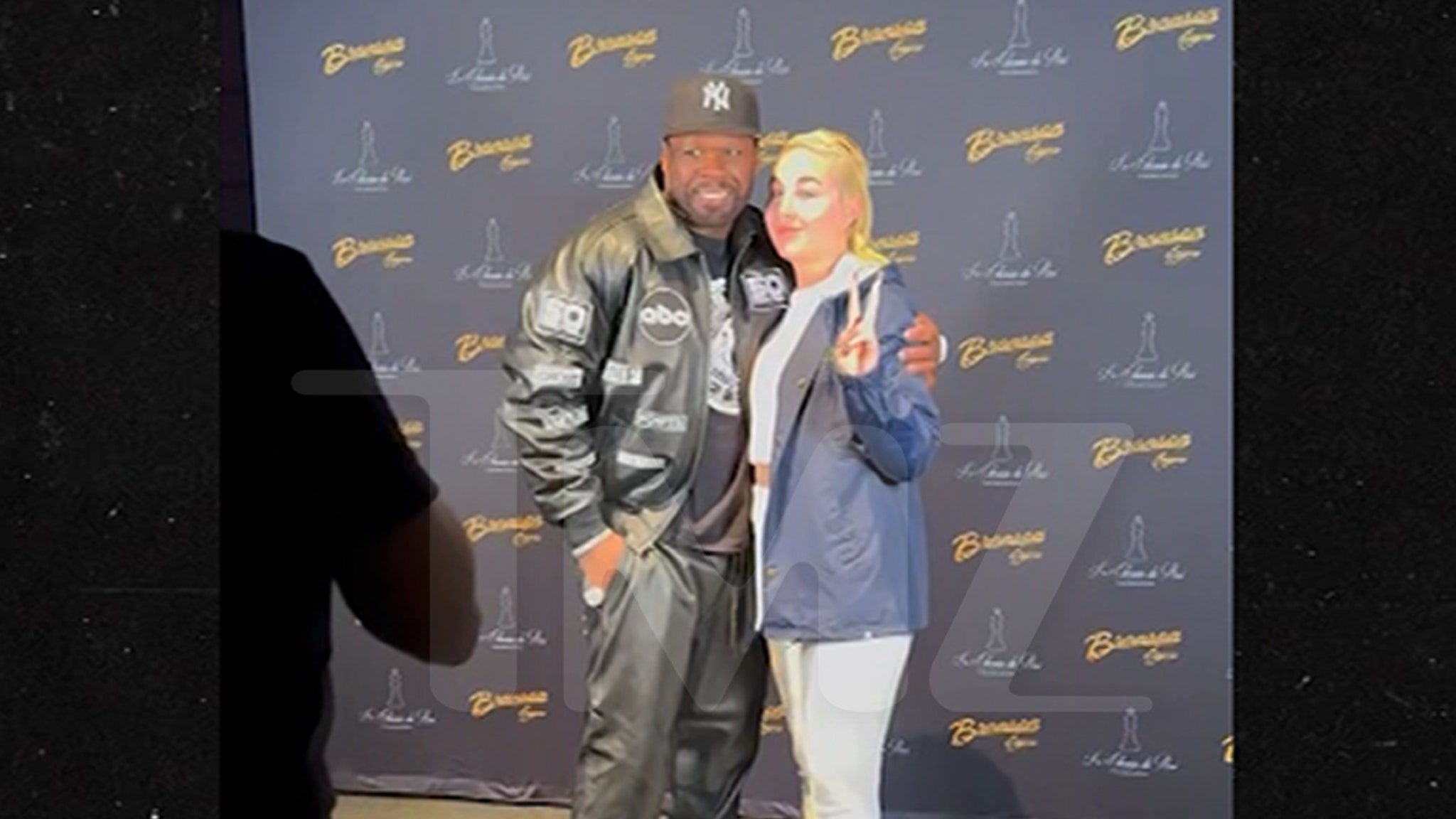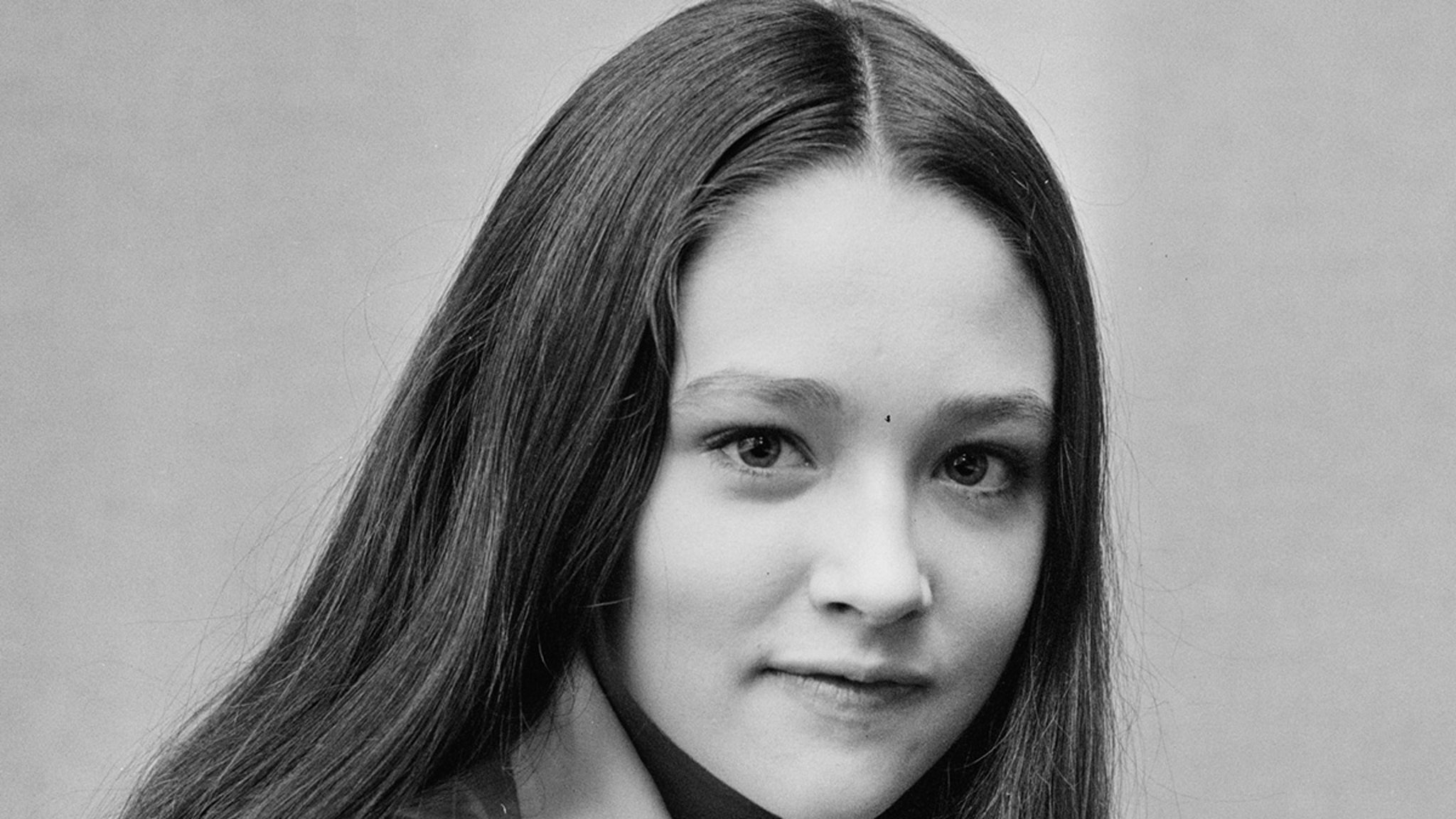Culture
Shelley Duvall Made Her Mark on Movies Well Before ‘The Shining’

Before the answers to life’s questions fit in our pocket, you used to have to turn a dial. If you were lucky, Phil Donahue would be on, ready to guide you toward enlightenment. In a stroke of deluxe good fortune, Dr. Ruth Westheimer might have stopped by to be the enlightenment. He was the search engine. She was a trusted result.
Donahue hailed from Cleveland. The windshield glasses, increasingly snowy thatch of hair, marble eyes, occasional pair of suspenders and obvious geniality said “card catalog,” “manager of the ’79 Reds,” “Stage Manager in a Chevy Motors production of ‘Our Town.’” Dr. Ruth was Donahue’s antonym, a step stool to his straight ladder. She kept her hair in a butterscotch helmet, fancied a uniform of jacket-blouse-skirt and came to our aid, via Germany, with a voice of crinkled tissue paper. Not even eight years separated them, yet so boyish was he and so seasoned was she that he read as her grandson. (She maybe reached his armpit.) Together and apart, they were public servants, American utilities.
Donahue was a journalist. His forum was the talk show, but some new strain in which the main attraction bypassed celebrities. People — every kind of them — lined up to witness other people being human, to experience Donahue’s radical conduit of edification, identification, curiosity, shock, wonder, outrage, surprise and dispute, all visible in the show’s televisual jackpot: cutaways to us, reacting, taking it all in, nodding, gasping. When a celebrity made it to the “Donahue” stage — Bill Clinton, say, La Toya Jackson, the Judds — they were expected to be human, too, to be accountable for their own humanity. From 1967 to 1996, for more than 6,000 episodes, he permitted us to be accountable to ourselves.
What Donahue knew was that we — women especially — were eager, desperate, to be understood, to learn and learn and learn. We call his job “host” when, really, the way he did it, running that microphone throughout the audience, racing up, down, around, sticking it here then here then over here, was closer to “switchboard operator.” It was “hot dog vendor at Madison Square Garden.” The man got his steps in. He let us do more of the questioning than he did — he would just edit, interpret, clarify. Egalitarianism ruled. Articulation, too. And anybody who needed the mic usually got it.
The show was about both what was on our mind and what had never once crossed it. Atheism. Naziism. Colorism. Childbirth. Prison. Rapists. AIDS. Chippendales, Chernobyl, Cher. Name a fetish, Phil Donahue tried to get to its bottom, sometimes by trying it himself. (Let us never forget the episode when he made his entrance in a long skirt, blouse and pussy bow for one of the show’s many cross-dressing studies.) Now’s the time to add that “Donahue” was a morning talk show. In Philadelphia, he arrived every weekday at 9 a.m., which meant that, in the summers, I could learn about compulsive shopping or shifting gender roles from the same kitchen TV set as my grandmother.
Sex and sexuality were the show’s prime subjects. There was so much that needed confessing, correction, corroboration, an ear lent. For that, Donahue needed an expert. Many times, the expert was Dr. Ruth, a godsend who didn’t land in this country until she was in her late 20s and didn’t land on television until she was in her 50s. Ruth Westheimer arrived to us from Germany, where she started as Karola Ruth Siegel and strapped in as her life corkscrewed, as it mocked fiction. Her family most likely perished in the Auschwitz death camps after she was whisked to the safety of a Swiss children’s home, where she was expected to clean. The twists include sniper training for one of the military outfits that would become the Israel Defense Forces, maiming by cannonball on her 20th birthday, doing research at a Planned Parenthood in Harlem, single motherhood and three husbands. She earned her doctorate from Columbia University, in education, and spent her postdoc researching human sexuality. And because her timing was perfect, she emerged at the dawn of the 1980s, an affable vector of an era’s craze for gnomic sages (Zelda Rubinstein, Linda Hunt, Yoda), masterpiece branding and the nasty.
Hers was the age of Mapplethorpe and Madonna, of Prince, Skinemax and 2 Live Crew. On her radio and television shows, in a raft of books and a Playgirl column and through her promiscuous approach to talk-show appearances, she aimed to purge sex of shame, to promote sexual literacy. Her feline accent and jolly innuendo pitched, among other stuff, the Honda Prelude, Pepsi, Sling TV and Herbal Essences. (“Hey!” she offers to a young elevator passenger. “This is where we get off.”) The instructions for Dr. Ruth’s Game of Good Sex says it can be played by up to four couples; the board is vulval and includes stops at “Yeast Infection,” “Chauvinism” and “Goose Him.”
On “Donahue,” she is direct, explicit, dispelling, humorous, clear, common-sensical, serious, vivid. A professional therapist. It was Donahue who handled the comedy. On one visit in 1987, a caller needs advice about a husband who cheats because he wants to have sex more often than she does. Dr. Ruth tells Donahue that if the caller wants to keep the marriage, and her husband wants to do it all the time, “then what she should do is to masturbate him. And it’s all right for him to masturbate himself also a few times.” The audience is hear-a-pin-drop rapt or maybe just squirmy. So Donahue reaches into his parochial-school-student war chest and pulls out the joke about the teacher who tells third-grade boys, “Don’t play with yourself, or you’ll go blind.” And Donahue raises his hand like a kid at the back of the classroom and asks, “Can I do it till I need glasses?” Westheimer giggles, maybe noticing the large pair on Donahue’s face. This was that day’s cold open.
They were children of salesmen, these two; his father was in the furniture business, hers sold what people in the garment industry call notions. They inherited a salesman’s facility for people and packaging. When a “Donahue” audience member asks Westheimer whether her own husband believes she practices what she preaches, she says this is why she never brings him anywhere. “He would tell you and Phil: ‘Do not listen to her. It’s all talk,’” which cracks the audience up.
But consider what she talked about — and consider how she said it. My favorite Dr. Ruth word was “pleasure.” From a German mouth, the word conveys what it lacks with an American tongue: sensual unfurling. She vowed to speak about sex to mass audiences using the proper terminology. Damn the euphemisms. People waited as long as a year and a half for tickets to “Donahue” so they could damn them, too. But of everything Westheimer pitched, of all the terms she precisely used, pleasure was her most cogent product, a gift she believed we could give to others, a gift she swore we owed ourselves.
I miss the talk show that Donahue reinvented. I miss the way Dr. Ruth talked about sex. It’s fitting somehow that this antidogmatic-yet-priestly Irish Catholic man would, on occasion, join forces with a carnal, lucky-to-be-alive Jew to urge the exploration of our bodies while demonstrating respect, civility, reciprocation. They believed in us, that we were all interesting, that we could be trustworthy panelists in the discourse of being alive. Trauma, triviality, tubal ligation: Let’s talk about it! Fear doesn’t seem to have occurred to them. Or if it did, it was never a deterrent. Boldly they went. — And with her encouragement, boldly we came.
Wesley Morris is a critic at large for The New York Times and a staff writer for the magazine.





























